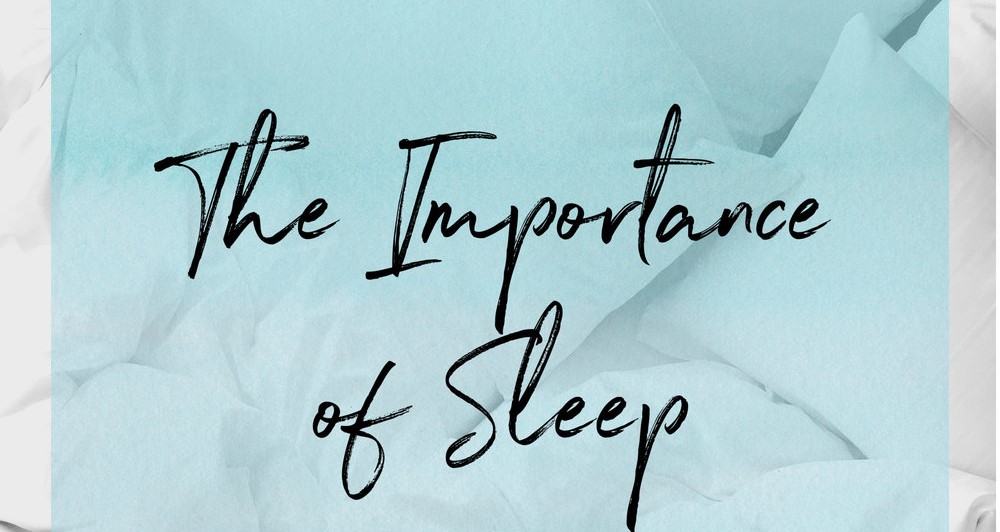Are you a morning or a night person?
Take this quiz to figure out if you are more of a morning or night person!
What is the amygdala?
The amygdala is a region of the brain in the limbic system and is responsible for mediating emotional processes and memory. It is located in the medial temporal lobe, just in front of the hippocampus. It is also involved in attention, value representation, and decision making. When sleep deprived, the amygdala experiences heightened responses to negative stimuli. It essentially goes into overdrive and “hijacks” the brain, altering our emotional responses.
Sources:
Emotion and Cognition and the Amygdala: From “what is it?” to “what’s to be done?”
The human emotional brain without sleep - a prefrontal amygdala disconnect
What is the prefrontal cortex?
The prefrontal cortex is the gray matter in front of the frontal lobe that plays an essential role in executive functions. It is the region of the brain that is involved in cognitive behavior, decision making, social behavior, and personalities. Sleep deprivation affects the prefrontal cortex and thus affects our daily functions, such as memory and determining right from wrong.
Sources: Prefrontal cortex Definition & Meaning - Merriam-Webster
Prefrontal Cortex - The Science of Psychotherapy

Are sleep deprivation and depression related?
Depression and sleep are closely related, meaning that poor sleep leads to depression symptoms, and depressive symptoms also stems from poor sleep. The relationship is complex, making it difficult to understand what comes first.
|
symptoms of depression |
|
| Persistent sad and irritable mood | Hopelessness |
| Loss of interest | Decreased energy and fatigue |
| Low Appetite | Overeating |
| Treatments available | |
| Counseling | Medication |
| Keep a consistent schedule | Power nap |
| Get outside |
How to Improve Sleep:
What is sleep hygiene? How can I get better sleep and wake up feeling refreshed?
- Go to bed at the same time each night
- Wake up at the same time each morning
- Make sure your bedroom is quiet, dark, and a comfortable temperature
- Buy a louder alarm if you regularly sleep through your alarm
- Leave your blinds open so the sun shines in and help you wake up sooner
- If you have to nap, set an alarm to wake up and don’t take a nap after 3 pm
- Remove electronic devices from the bedroom
Sources: Tips for Better Sleep | CDC.
How to Get a Better Night's Sleep - New York Times
Stop going to bed with your phone!
Using your phone too close to bedtime can affect your sleep. Continuous scrolling on your phone or other electronic devices can distract you, keep you awake, and delay REM sleep. Checking your phone stimulates your brain and delays falling asleep. Additionally, blue light from your phone mimics daylight and makes you feel more alert. It affects your circadian rhythm (your internal body clock) and can throw off your energy. You shouldn’t be experiencing “daylight” from the blue light when you are trying to wind down.
You should try to put your devices away at least an hour or two before going to bed. If you are struggling with limiting your screen time before bed, try putting your phone in a different room to minimize distractions.
Source: 3 Reasons to Ditch Your Phone Before Bed
